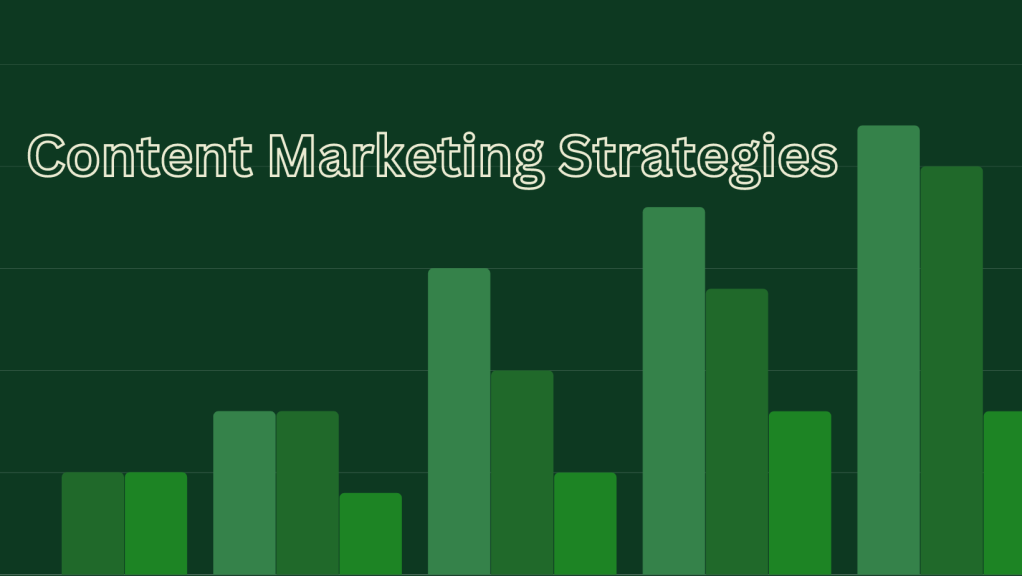In the ever-evolving digital landscape, content marketing has become an indispensable tool for businesses to connect with their target audience, establish brand authority, and drive conversions. To achieve success in content marketing, a well-crafted strategy is essential. In this blog, we will explore the key components of a robust content marketing strategy that can help businesses thrive in today’s competitive online marketplace.
- Define Your Objectives: Start by clarifying your content marketing goals. Are you aiming to increase brand awareness, drive website traffic, generate leads, or boost sales? Clearly defining your objectives will shape the direction of your strategy and ensure you stay focused on achieving measurable results.
- Understand Your Target Audience: To create content that resonates with your audience, you need a deep understanding of their demographics, preferences, pain points, and aspirations. Conduct thorough market research, analyze customer data, and engage with your audience through surveys or interviews to gather valuable insights.
- Conduct a Content Audit: Evaluate your existing content assets to identify gaps, strengths, and opportunities. Analyze content performance metrics, such as page views, engagement, and conversion rates, to determine what content types and topics resonate best with your audience. This analysis will help inform your future content creation and distribution strategy.
- Develop a Content Plan: Based on your objectives and audience insights, develop a comprehensive content plan. Outline the types of content you will create, such as blog posts, videos, infographics, podcasts, or case studies. Determine the frequency of content publication and establish an editorial calendar to ensure consistency.
- Keyword Research and SEO Optimization: Keyword research plays a crucial role in optimizing your content for search engines. Identify relevant keywords and incorporate them naturally into your content, including headings, titles, and meta descriptions. Focus on providing valuable, informative, and well-structured content that aligns with search intent.
- Content Creation and Distribution: Create high-quality, engaging, and informative content that addresses your audience’s pain points and offers solutions. Leverage a mix of formats to cater to different preferences. Develop a content distribution strategy that includes promoting your content across multiple channels, such as social media, email marketing, industry publications, and guest blogging.
- Monitor and Measure: Regularly track and analyze the performance of your content marketing efforts. Utilize web analytics tools to measure key metrics such as website traffic, engagement rates, social shares, and conversions. This data will help you identify what content resonates best with your audience and refine your strategy accordingly.
- Iterate and Improve: Content marketing is an iterative process. Continuously evaluate the performance of your content and make data-driven adjustments. Pay attention to audience feedback, comments, and interactions to gain insights and improve your content quality and relevance. Stay updated with industry trends and emerging content formats to keep your strategy fresh and captivating.
A well-executed content marketing strategy is a powerful tool for businesses to attract, engage, and convert their target audience. By defining clear objectives, understanding your audience, creating valuable content, optimizing for search engines, and regularly monitoring performance, you can establish a successful content marketing strategy that drives meaningful results and helps your business stand out in the digital realm.
